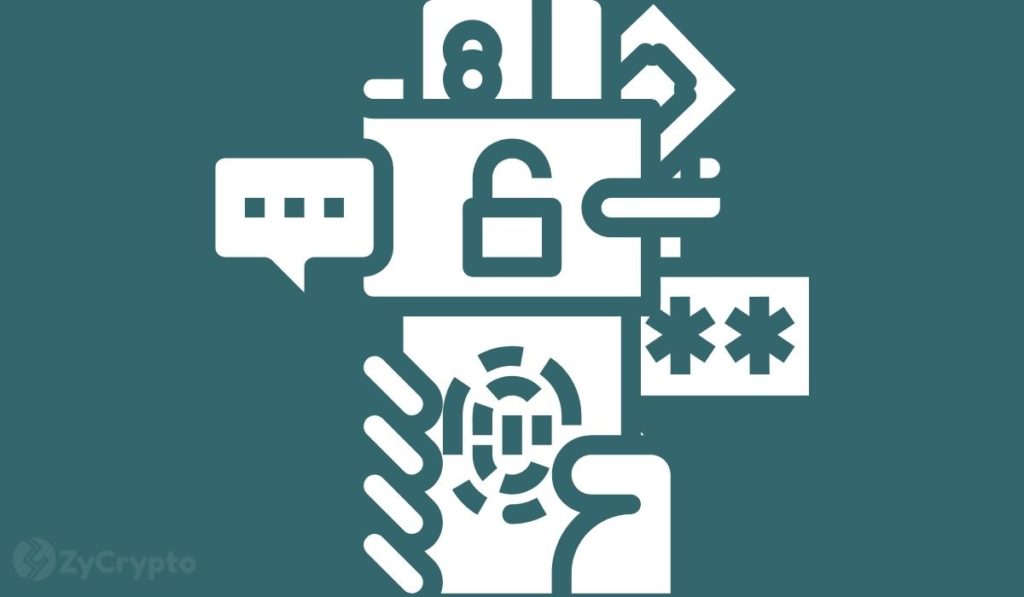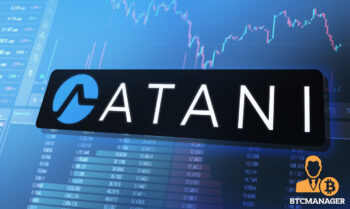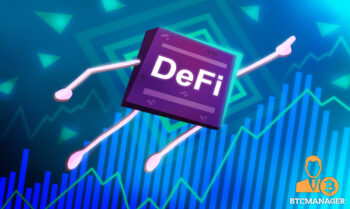2022-11-30 07:00 |
The recent FTX collapse has demonstrated the shortfalls of third parties. Successful businesses in the future will incorporate multisig into their operations.
The below is a direct excerpt of Marty’s Bent Issue #1283: “Trusted third parties are security holes.” Sign up for the newsletter here.
The contagion event that has dragged on for the better part of 2022 seems to be materially affecting Genesis Trading and its parent company, Digital Currency Group (DCG). It has become apparent that Genesis didn’t have the best due-diligence process when issuing loans to counterparties because they had to write down two nine-figure loans to zero this year after lending out money to Three Arrows Capital and Alameda Research.
The hole these bad loans left in Genesis’ balance sheet forced the company to halt withdrawals and the legitimacy of the Grayscale Bitcoin Investment Trust (GBTC) — a Genesis sub-company — is beginning to be called into question. To make matters worse, it seems that Genesis lent out $1.1 billion to DCG via a previously undisclosed promissory note. Many believe that Genesis and DCG are now both in danger of going under. This would explain why DCG has been scrambling to raise $1 billion in emergency funds over the last few days. Things seem pretty dire.
If DCG and its sub-companies go under we’ll likely be back in the dark corner of the internet discussing the downfall of companies who went under because of their exposure to Genesis and reliance on DCG as a capital backer. The contagion event continues!
This ongoing slow-motion train wreck provides anyone who is able to look away the opportunity to internalize a very important lesson: Trusted third parties are security holes. Anyone who has been around Bitcoin long enough has had this lesson explained to them in great detail. It is the reason Bitcoin exists in the first place. The trust problem is the first problem Satoshi Nakamoto explains after sharing a link to v0.1 of the Bitcoin software in the email he wrote to the P2P Foundation mailing list when he launched the project in 2009.
“The root problem with conventional currency is all the trust that’s required to make it work. The central bank must be trusted not to debase the currency, but the history of fiat currencies is full of breaches of that trust. Banks must be trusted to hold our money and transfer it electronically, but they lend it out in waves of credit bubbles with barely a fraction in reserve. We have to trust them with our privacy, trust them not to let identity thieves drain our accounts. Their massive overhead costs make micropayments impossible.” — Satoshi Nakamoto
It’s incredible that a whole industry based on trust has been erected around a tool that was created to completely remove it from the equation. The contagion event from this year makes it obvious that many people have not heeded Nakamoto’s warning. Many people, your Uncle Marty included, have been warning others as vehemently as possible to not interact with centralized exchanges that claim to be able to keep your bitcoin safer than you can, lenders who promise to provide you yield if you allow them to lend out your bitcoin and financial products that market themselves as great ways to get bitcoin exposure without the “hassle” of having to actually interact with the protocol. That’s why this rag exists; “Marty’s Bent” started as a way to educate you freaks about how Bitcoin works, why it’s important and what you can do to realize the power of this revolutionary technology by using it correctly.
Many have taken the advice to heart, but many others have not — as is evidenced by the popularity of BlockFi, FTX, Genesis, GBTC and the like. Not heeding the warning has led to tens of billions of dollars worth of perceived value being evaporated in the span of a couple of weeks. People are now waking up to discover that the bitcoin they thought they owned either never existed or was squandered away by a third party they trusted — a very expensive lesson.
The dust is currently still whirling around winds that seem to be getting more turbulent, but it will eventually settle. When it does, I believe the winners who come out the other end are those who have heeded the warning that “trusted third parties are security holes” and implement trustless-ness into their product stack. Particularly those who would like to offer financial services and products with bitcoin. The winning companies will be those who learn to leverage Bitcoin’s native properties, particularly the ability to construct multisig wallets. The era of giving your bitcoin to a company providing you bitcoin-centric financial services without multisig solutions should be coming to an end. There is no reason for Bitcoiners to interact with the black-box solutions that have dominated the market to date.
The future of financial products on a bitcoin standard is multisig quorums that distribute risk among stakeholders who control different keys. Companies already exist that have provided the market with the standard for secure and responsible products that leverage multisig quorums. Bitcoiners need to have certainty that if they are using their bitcoin as collateral to receive dollar liquidity via a loan product, they are actually going to get their bitcoin back when they pay off their loan. Multisig quorums that allow the person taking out the loan to hold a key in the quorum provide this certainty. Since the borrower holds a key in the 2-of-3 multisig quorum, they have visibility into the wallet that is escrowing their collateral. They can know for sure that their sats are not being rehypothecated and that they will be there at the end of the loan when everything is paid off and their collateral is set to be released back into their custody. This is a beautiful thing. More than that, it’s revolutionary.
This is the future of finance. It’s not the vision of “DeFi” as put forth by the degenerates creating a token-bartering economy in the land of shitcoins. It’s distributed risk among different counterparties that provide certainty to users and eliminate single points of failure. The companies who internalize this and bring about this future are going to win.
origin »Bitcoin price in Telegram @btc_price_every_hour
Molecular Future (MOF) на Currencies.ru
|
|


















